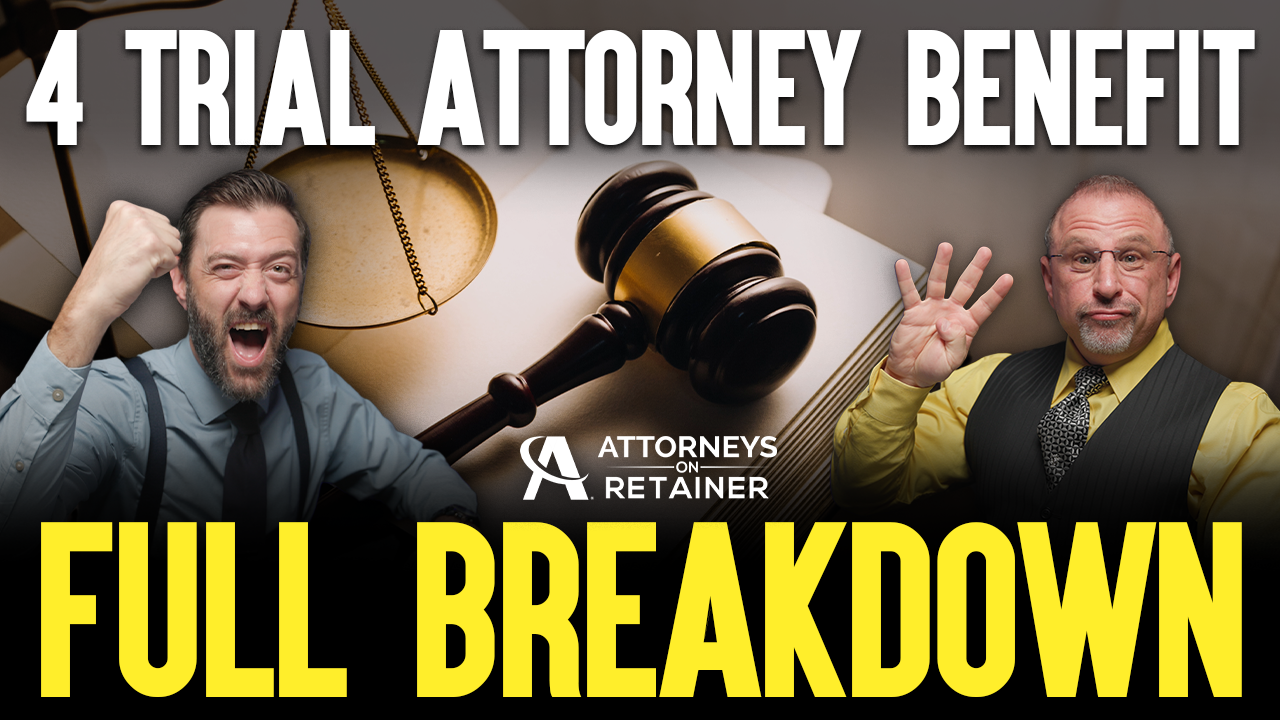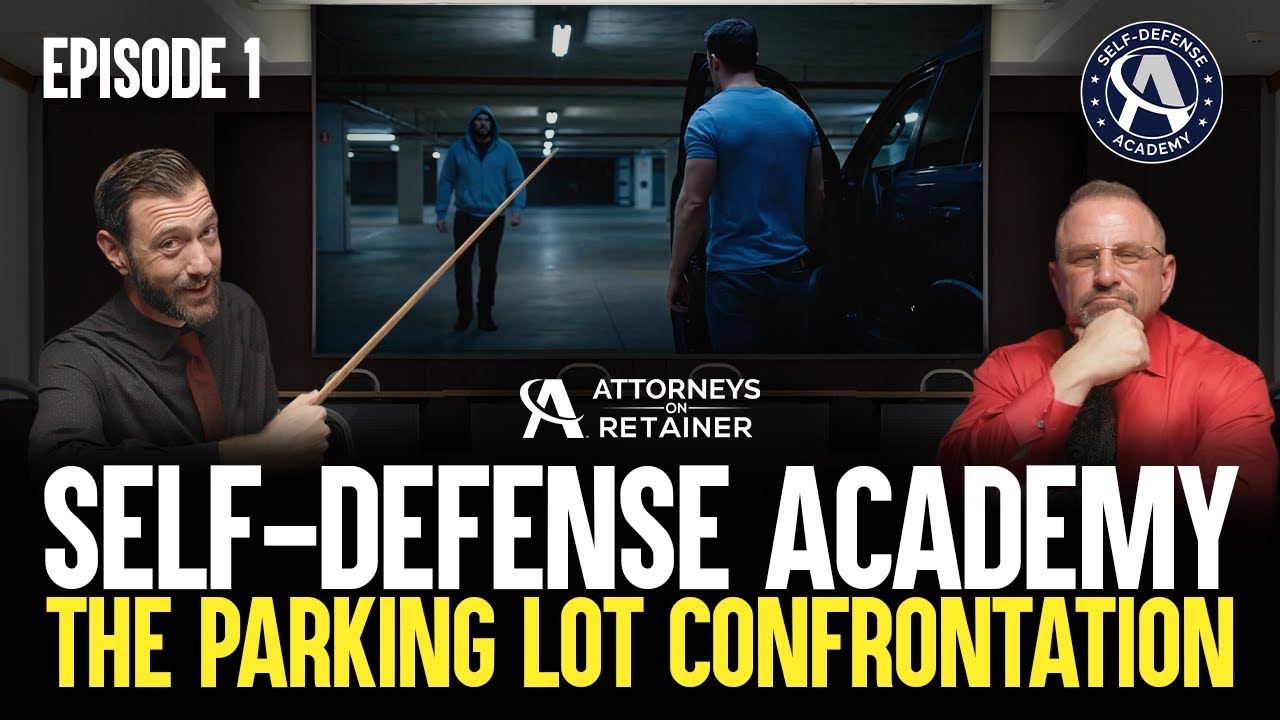Did Alan Colie’s Gun Insurance Deny Him Coverage as a USCCA Member?
February 27, 2024
Alan Colie, a member of the United States Concealed Carry Association (USCCA), appeared in court with a public defender after being charged in connection with a shooting. This has raised questions about the effectiveness and transparency of the legal coverage provided by USCCA and other programs. Criminal defense attorneys Marc J. Victor and Andrew C. Marcantel analyze the case and delve into the contractual coverage for insurance companies.
“Why is he represented by a public defender if he has unlimited coverage for the attorney of his choice?”
– Attorney Marcantel
Background and Early Confusion
Mr. Colie’s case gained attention when it was reported that he had contacted USCCA for help following a self-defense incident. Many assumed he would receive private legal representation, as marketed by USCCA. Instead, Mr. Colie was represented at trial by a public defender.
When Mr. Colie allegedly wrote an email claiming he was an active USCCA member in good standing, USCCA issued vague public statements asserting they “supported” Mr. Colie. However, they did not clarify their support.
Key Court Filings and Financial Realities
The attorneys obtained the court documents from the trial, which painted a different picture from USCCA’s public claims. This included a sworn affidavit of indigency signed by Mr. Colie on April 3, 2023, in which he certified that he was “without means to employ a lawyer” and requested the appointment of a public defender.
“Even if you buy the narrative that he happily signed a waiver saying you know what, I don’t want any of those benefits that I’ve been paying for as a USCCA member in good standing . . . that doesn’t solve the problem of what he is saying to the court here.”
– Attorney Marcantel
An affidavit of indigency is a binding declaration made under oath, typically required before a court appoints publicly funded counsel. This certification implies that the defendant lacks the financial resources to hire private representation, thereby opening the door to taxpayer-funded services. If Mr. Colie was indeed a dues-paying member of USCCA at the time of the incident – and if USCCA provides comprehensive legal defense coverage – then why was he making a sworn statement of financial inability to the court?
Motion for Court Funds for Expert Assistance
The public defender, identified in court records as Mr. Pouilliard, filed several motions requesting public funds for expert assistance, specifically for a use-of-force expert. These experts play a pivotal role in self-defense cases by helping juries understand what constitutes reasonable versus unreasonable force under the law. Court filings also include a motion for paralegal assistance. If USCCA “supported” Mr. Colie, then why would his public defender choose to have his paralegal assist him at trial instead of another qualified criminal defense attorney which could have been provided by USCCCA.
The attorneys emphasize that court-funded experts must be disclosed, which can inadvertently reveal strategic elements of the defense to the prosecution. The reliance on public funds suggests a disadvantage for Mr. Colie, further calling into question whether USCCA ever provided comprehensive legal support.
“If USCCA had Mr. Colie’s back as they said, why is it that on July 27, 2023, his public defender is in essence begging for court funds so this expert use of force expert can appear at trial.”
– Attorney Victor
Legal and Strategic Implications
The attorneys explain the practical and strategic drawbacks of relying on public resources in criminal defense cases. When the state funds expert witnesses, their involvement becomes part of the court record, stripping the defense of privacy. This can give the prosecution insight into the defense’s approach – a disadvantage that no competent attorney would willingly accept if private funding were available.
“As a private attorney the last thing you want to do is beg the court for funds.”
– Attorney Victor
There are many limits in self-defense programs backed by traditional insurance. If you want reliable legal defense for self-defense cases without all the unnecessary exclusions, be sure to check our Attorneys On Retainer Program. For more information, please contact us by calling (866)-404-5112 or email us.



